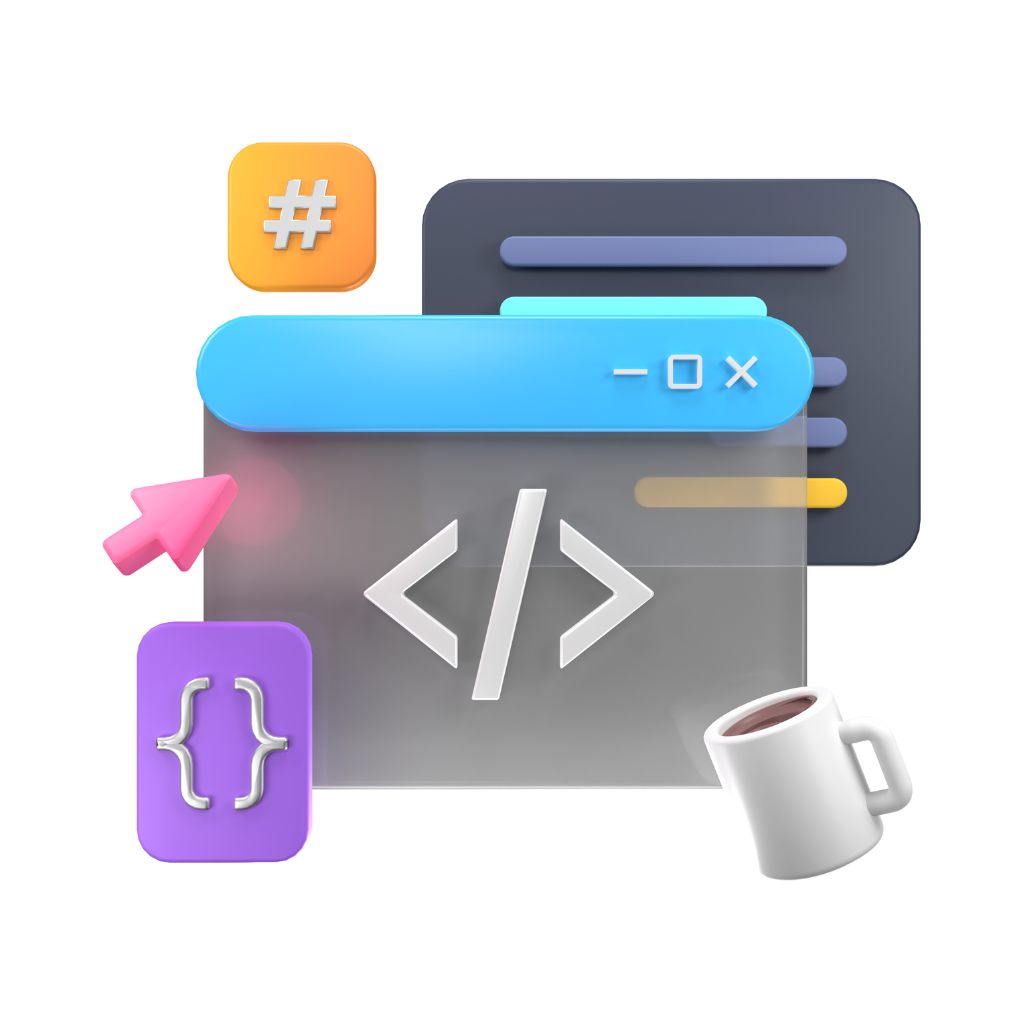In the dynamic landscape of India’s tech industry, mastering Java job interviews requires a strategic blend of technical proficiency, effective communication, and strategic preparation. Here, we’ll delve into key aspects and provide practical examples and code snippets to help Java developers excel in job interviews.
Understanding Java Job Requirements:
Java job requirements in India often revolve around core Java programming, expertise in frameworks like Spring and Hibernate, and familiarity with essential concepts such as Object-Oriented Programming (OOP). Let’s consider an example highlighting proficiency in core Java:
Code
public class ExampleJavaJobRequirement { public static void main(String[] args) { System.out.println("Hello, Java Job Seekers!"); } }This simple Java program serves as a foundational example. Understanding how to navigate Java fundamentals is crucial for success in interviews.
Crafting an Impressive Resume:
A well-crafted resume is your ticket to securing interviews. Highlight skills and experiences effectively. Consider this example for showcasing expertise in Spring:
Code
public class ExampleResume { private String name; private String skills; // Constructor and getters/setters not shown for brevity public void showcaseSpringExperience() { System.out.println("Implemented Spring MVC for seamless web application development."); } }In your resume, elaborate on Spring-related projects, quantifying achievements wherever possible.
Essential Java Interview Topics:
Technical interviews cover a spectrum of topics. Ensure a solid understanding of Java fundamentals, OOP principles, and Collections. Here’s a brief example illustrating OOP:
Code
public class ExampleOOP { public class Animal { public void makeSound() { System.out.println("Generic animal sound"); } } public class Dog extends Animal { @Override public void makeSound() { System.out.println("Bark!"); } } }In this example, we showcase inheritance and method overriding, key OOP concepts.
Common Java Interview Questions and Answers:
Prepare for questions like explaining the differences between “==” and “equals()” in Java. Here’s a concise answer:
Code
public class ExampleEquality { public static void main(String[] args) { String str1 = new String("Java"); String str2 = new String("Java"); System.out.println(str1 == str2); // false System.out.println(str1.equals(str2)); // true } }This example demonstrates the importance of using equals() for comparing content equality.
Coding Challenges and Solutions:
Coding challenges are integral. Consider a simple example involving array manipulation:
Code
public class ExampleCodingChallenge { public static void main(String[] args) { int[] numbers = {1, 2, 3, 4, 5}; // Doubling each element in the array for (int i = 0; i < numbers.length; i++) { numbers[i] *= 2; } // Printing the modified array for (int num : numbers) { System.out.print(num + " "); } } }Practice such challenges to enhance problem-solving skills.
Behavioral Interview Tips:
Behavioral interviews assess soft skills. Use the STAR method for structured responses. For example:
Code
public class ExampleBehavioralInterview { public static void main(String[] args) { System.out.println("Describe a challenging situation at work:"); // STAR response System.out.println("Situation: Tight project deadline"); System.out.println("Task: Deliver project ahead of schedule"); System.out.println("Action: Implemented efficient coding practices"); System.out.println("Result: Project completed two days before the deadline"); } }This showcases effective communication and problem-solving skills.
Preparing for Technical Assessments:
Practice coding challenges on platforms like HackerRank. Here’s a snippet for practicing array manipulation:
Code
import java.util.Arrays; public class ExampleTechnicalAssessment { public static void main(String[] args) { int[] numbers = {3, 1, 4, 1, 5, 9, 2, 6, 5, 3, 5}; Arrays.sort(numbers); System.out.println(Arrays.toString(numbers)); } }Familiarize yourself with online coding environments to perform well in assessments.
Soft Skills for Success:
Effective communication and teamwork are paramount. Share experiences where you collaborated on projects, demonstrating adaptability. For instance:
Code
public class ExampleSoftSkills { public static void main(String[] args) { System.out.println("Describe a collaborative project:"); // Soft skills demonstration System.out.println("Collaborated with a cross-functional team to develop a customer-centric app."); } }Building an Impressive Portfolio:
Create a GitHub portfolio showcasing diverse projects. Include a README with project details. For example:
Code
### Project: E-commerce Website - Technologies: Java, Spring Boot, Hibernate - Description: Developed a scalable e-commerce platform with secure user authentication and transaction processing.In conclusion, mastering Java job interviews in India involves showcasing technical prowess, effective communication, and a well-curated portfolio. Practice, understand core concepts, and approach each interview as an opportunity to shine. Continuous learning and preparation are the keys to success in the dynamic field of Java development.




